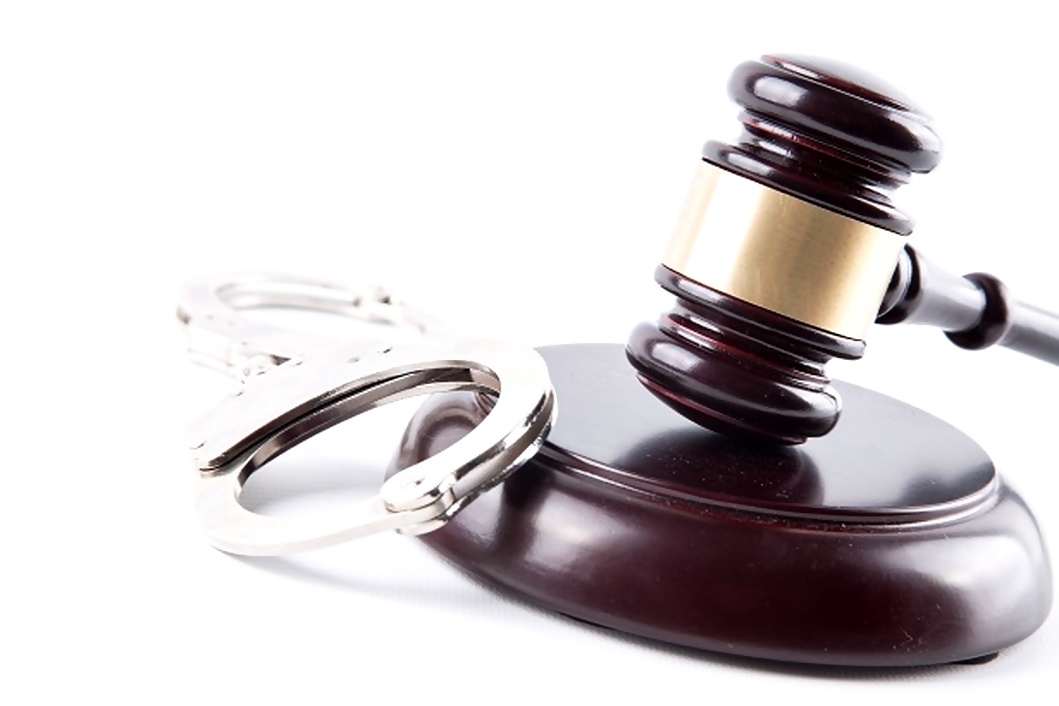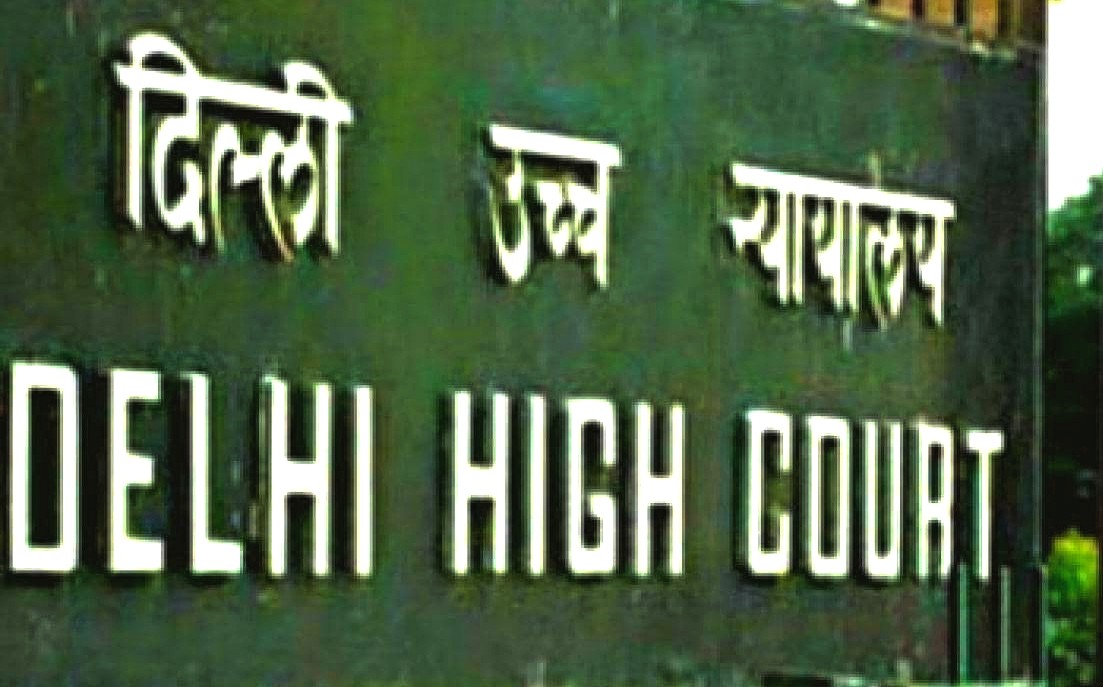No injury inflicted upon complainant can be specifically attributed to accused: P&H HC while granting anticipatory bail

Read Order: Amit v. State of Haryana
Monika Rahar
Chandigarh, January 5, 2022: While dealing with a petition under Section 438 of the Cr.P.C., the Punjab and Haryana High Court has granted anticipatory bail to an accused on the ground that the injury caused to the complainant was attributed only to other co-accused of the petitioner and not to the petitioner himself. The fact that the petitioner had already joined the investigation was also one of the deciding factors.
This entire case emanated from two injuries that were caused to the complainant by the co-accused of the petitioner while the petitioner was present on the scene of the crime with a danda(stick), which was later recovered from him. Initially, an FIR was lodged under Sections 323, 324, 341, 506, 34 of IPC but later both the injuries were declared ‘grievous in nature’ and hence Sections 325 and 326 of IPC were also added.
The petitioner’s counsel argued that both the injuries to the complainant were attributed to the other co-accused of the petitioner and that the petitioner was merely alleged to have been armed with danda and not with causing any injury. It was further submitted that the petitioner already joined the investigation and the alleged danda was already recovered from him and thus, nothing was left to be recovered.
This bail plea was opposed by the State counsel and the complainant on the ground that the petitioner had caused injury to the complainant’s mother and uncle.
After having considered these rival submissions, the Bench of Justice Vikas Bahl noted, “it is co-accused of the petitioner who have been attributed grievous injury inflicted upon the complainant and the petitioner has not been attributed any specific injury and even the injury to the mother of the complainant is simple in nature and the danda, which the petitioner was allegedly carrying, has already been recovered from the petitioner..”.
The Court also observed that the petitioner was not involved in any other case and that there was a substantial delay in declaring the injuries as grievous. Thus, the present petition for anticipatory bail was allowed and the petitioner was directed to join the investigation as and when called upon to do so.
Sign up for our weekly newsletter to stay up to date on our product, events featured blog, special offer and all of the exciting things that take place here at Legitquest.




Add a Comment